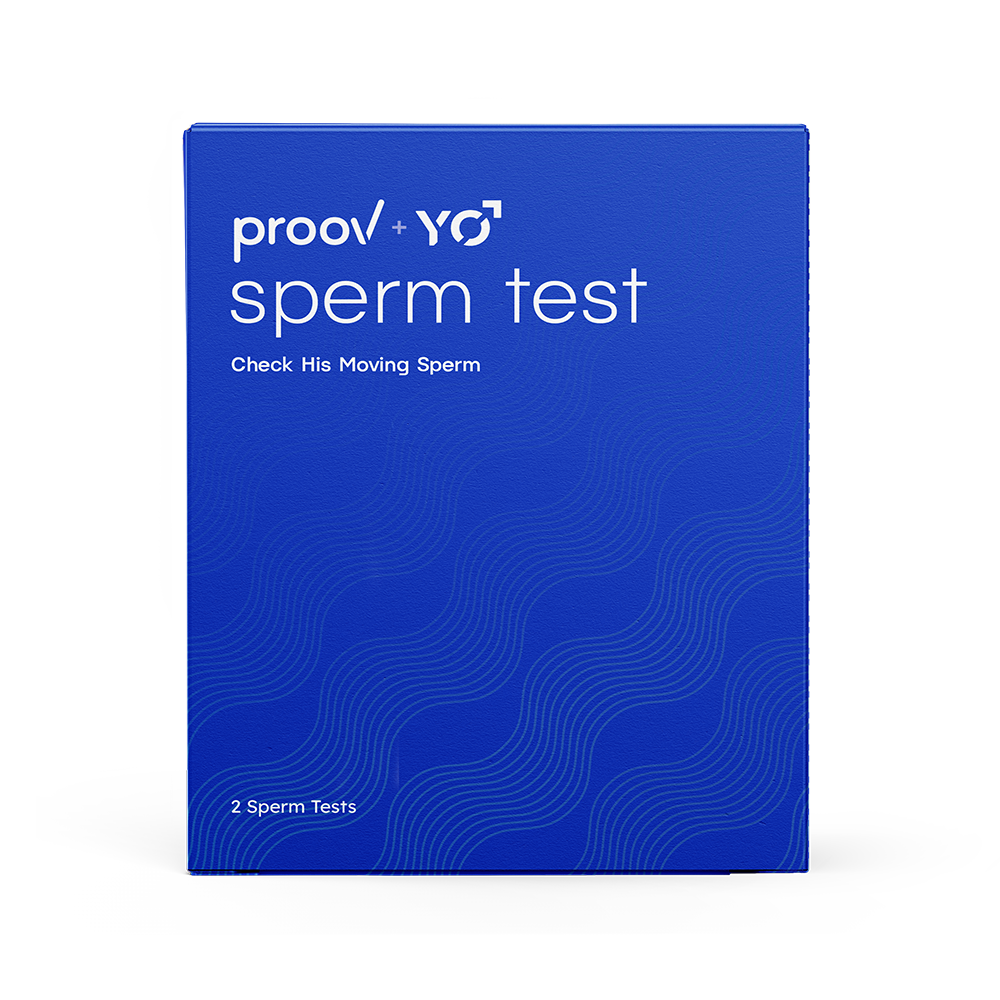When it comes to cycle health, hormones are the ones behind the scenes doing it all! Hormones are critical to the success of each menstrual cycle, and the overall wellbeing of the person experiencing that cycle! So when they’re imbalanced, we feel the effects.
What is Hormonal Imbalance?

Hormone imbalance is a general term for when particular hormones (for this article, reproductive hormones) are not within their optimal range. When imbalanced, you may start to notice symptoms like irregular cycles, unusual bleeding, PMS, unexpected weight changes, headaches, fatigue, etc.
Instead of suffering through these symptoms, follow these tips to help improve imbalances! Through identifying lifestyle changes and foods that balance hormones in females, you can learn how to balance hormones naturally.
Can you Boost Fertility Through Balancing Your Hormones?
There are a number of benefits to keeping hormones balanced, including feeling your best mentally, emotionally, and physically! But balanced hormones also keep your cycles functioning properly, which boosts your fertility and gives you the best chance at conceiving a pregnancy, if that’s your goal.
Here are some tips to keep in mind as you learn how to balance hormones naturally:

1. Keep your body moving and exercise
Moving the body improves blood flow and circulation, increases “happy hormones,” and even improves our reproductive hormones! Exercise is used to decrease the odds of developing breast cancer (often caused by high levels of estrogen), while also used to regulate androgens, like testosterone.
Exercise doesn’t have to look like one specific thing. Yoga and pilates work just as well as high intensity workouts that balance hormones, too. Choose what works best for you!
2. Take measures to reduce stress
Stress can wreak havoc on hormone production. When you’re under a lot of stress, your body needs to produce more of the stress hormone, cortisol.
To do so, it may “steal” resources from other systems like the reproductive system. This can cause imbalances in reproductive hormones, like progesterone.
Breathing exercises and meditation, establishing healthy personal boundaries, and including self care activities into your week are all great ways to reduce stress.
3. Lower your sugar intake
Hormone imbalances may signal the presence of insulin resistance or issues regulating glucose. When insulin and/or glucose levels are high, it can cause inflammation and more issues ovulating, which then feed into the hormone imbalance.
One way to improve this is to reduce sugar intake. The American Heart Association recommends no more than 24 grams of sugar per day — that’s about 6 teaspoons. Sugar can show up in things you don’t expect (like spaghetti sauce!) so check the labels on your favorite foods.
4. Eat enough protein
While adjusting dietary choices, plan to add more protein to your meals! Bodies need a good mix of carbohydrates, protein, and healthy fats to stay healthy and balanced. The National Academy of Medicine suggests eating roughly 7 grams of protein for every 20 pounds of body weight. If you weigh 140 pounds, that means about 50 grams of protein.
Examples of protein include meats (steak, ham, etc), fish (like salmon), seeds and nuts, eggs, dairy products, and legumes (like beans and lentils).
5. Keep fiber in your diet
Like all things, fiber is better in moderation. You don’t need to go overboard in order to see benefits from fiber in your diet. High concentrations may actually contribute to hormone imbalance and anovulation. Healthy sources of fiber can be found in foods like whole grain breads, fruits, vegetables, beans, and even popcorn.
6. Consume healthy fats
Similarly, you want to be aware of the type of fat you consume daily. Unsaturated fats (like olive oil, avocados, fish, nuts, and seeds) can benefit your reproductive health by reducing inflammation and increasing your Omegas 3 fats, which are also good for hormone imbalance!
Where it is good to exercise caution is with the consumption of saturated fats. The American Heart Association recommends no more than 7% of daily calories come from saturated fats. Foods like pizza, dairy products, cookies and desserts, and fast food items are often high in saturated fats.
We need fat in our diet! But making the switch from saturated to unsaturated will help your overall health and improve your hormone balance.
7. Prioritize gut health
Gut health has a surprising effect on reproductive hormone balance! A particularly interesting study showed that the gut microbiome has the ability to increase chances of imbalances like PCOS.
Introducing fiber (as previously mentioned), prebiotics, and probiotics can go a long way in helping your body to balance reproductive hormones!
8. Get quality sleep
Sleep is an essential process needed by the body to rest, restore, heal, and stay healthy. Sleep has a studied impact on overall body functions, including hormone production and regulation.
It can sometimes feel like a waste of time when there are so many other important things to get done, but when it comes to your body’s health and hormone imbalance, nothing can take the place of a good night’s sleep!
9. Eat a bigger breakfast
Breakfast is the most important meal of the day! Have you heard that phrase before? Well, it could be especially true for those interested in hormone balance. Research shows that, for some women, eating a higher calorie meal for breakfast (as opposed to dinner) can actually reduce levels of insulin resistance and high testosterone (both signs of hormone imbalance), while increasing chances of ovulation!
10. Maintain a healthy weight
Here’s some great news: Doing all the things just mentioned will help you to regulate your hormones and improve your physical health, including maintaining a healthy weight.
A healthy weight is not one static number, but is unique to each individual. When determining what a healthy weight would be for yourself, work with your doctor to identify the right balance and the first steps to get there.
Curious about your unique hormone levels? Proov can help! Try our Complete kit for full-cycle hormone insights.













